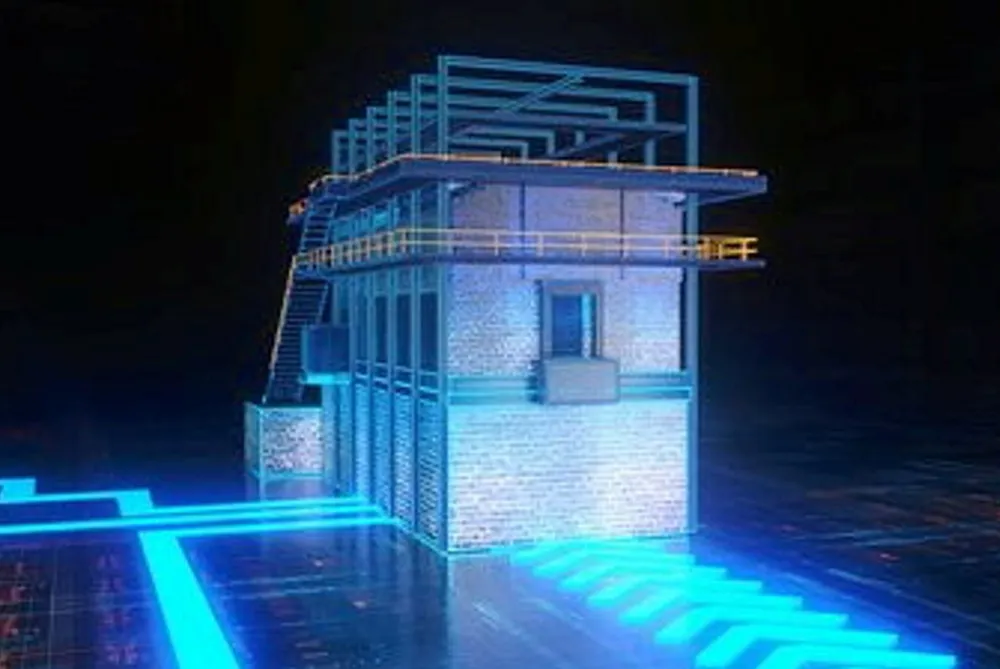Hydrogen-powered glass | Alcohol giant says it will use drinks bottles made in H2 furnace from 2027
Diageo partners with glassmaker on proposal to produce 200 million bottles with blue hydrogen from nearby Hynet project

Diageo partners with glassmaker on proposal to produce 200 million bottles with blue hydrogen from nearby Hynet project
